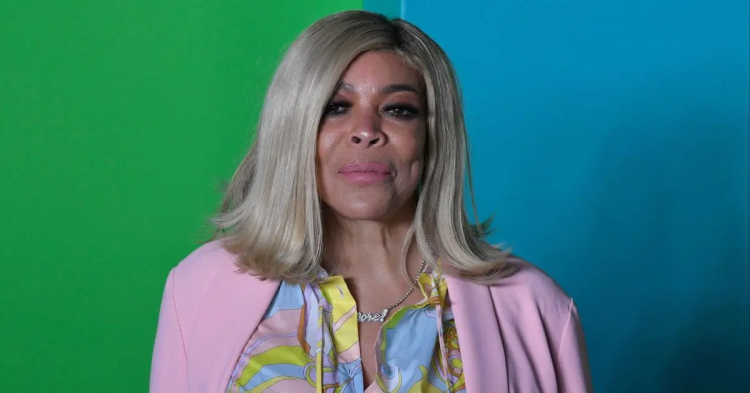Wendy Williams: A Brave Battle with Aphasia and Frontotemporal Dementia
Discover the challenges Wendy Williams faces with her recent diagnosis of primary progressive aphasia and frontotemporal dementia, and how she continues to inspire.

In a touching announcement that has resonated deeply with fans across the globe, Wendy Williams, the powerhouse behind the renowned talk show bearing her name, confronts a new and significant challenge. Recently diagnosed with primary progressive aphasia and frontotemporal dementia, Williams’ story takes a deeply moving turn, prompting us to contemplate the delicacy of health and the enduring strength of the human spirit.
Wendy Williams: Embodying Resilience and Transparency
At the age of 59, Wendy Williams has consistently been open about the obstacles and victories in her life, making her struggles with health issues like Graves' Disease and lymphedema public. Her transparency has made her a symbol of both vulnerability and resilience. The temporary departure from her show "Wendy," which debuted in 2008, left a noticeable void among her audience. In 2022, Sherri Shepherd stepped in to continue the show's legacy, signifying a new era in daytime TV.
Understanding Aphasia and Frontotemporal Dementia
Williams' diagnosis brings to the forefront the realities of primary progressive aphasia and frontotemporal dementia, conditions that affect many yet remain largely misunderstood. Aphasia, which gained attention through actor Bruce Willis, affects the ability to understand and express language, essential for human connection. This condition usually arises from damage to the brain's left hemisphere, which can be caused by stroke, injury, or neurodegenerative diseases.
Frontotemporal dementia represents a group of brain disorders that affect personality, behavior, and language faculties. Unlike Alzheimer's disease, which mainly affects older adults, FTD can occur during a person's prime years, challenging the perception of dementia as an age-specific issue. Experts like Dr. Gayatri Devi and Dr. David Agus stress the difficulties in diagnosing and treating FTD, underscoring the urgent need for increased awareness and support.
The Power of Vulnerability in Advocacy
By sharing her diagnosis publicly, Williams, alongside her healthcare team, seeks to combat stigma and enhance understanding of these diseases. Her unyielding spirit and sense of humor remain intact, offering hope to others on similar journeys.
Amid concerns over her well-being and financial independence, Williams approaches her situation with her trademark resolve. A court-ordered guardianship, amid allegations of exploitation, highlights the critical importance of protecting the rights and dignity of those in vulnerable states.
Reflecting on Family and Legacy
The anticipation surrounding an upcoming two-part documentary about Williams' life reminds us of her significant influence on entertainment and the bravery required to face uncertainty. Her openness about financial challenges and the pivotal role of family throughout the documentary reflects the complexities and resilience of her journey.
Wendy Williams’ diagnosis is a call to support not only a cherished public figure but also anyone struggling with aphasia and frontotemporal dementia. It's an appeal for empathy, understanding, and research to ensure that no one faces these challenges in isolation.
In sharing her personal story, Williams continues to inspire, teaching us that adversity can be a catalyst for advocacy, education, and most importantly, hope.
What's Your Reaction?






















